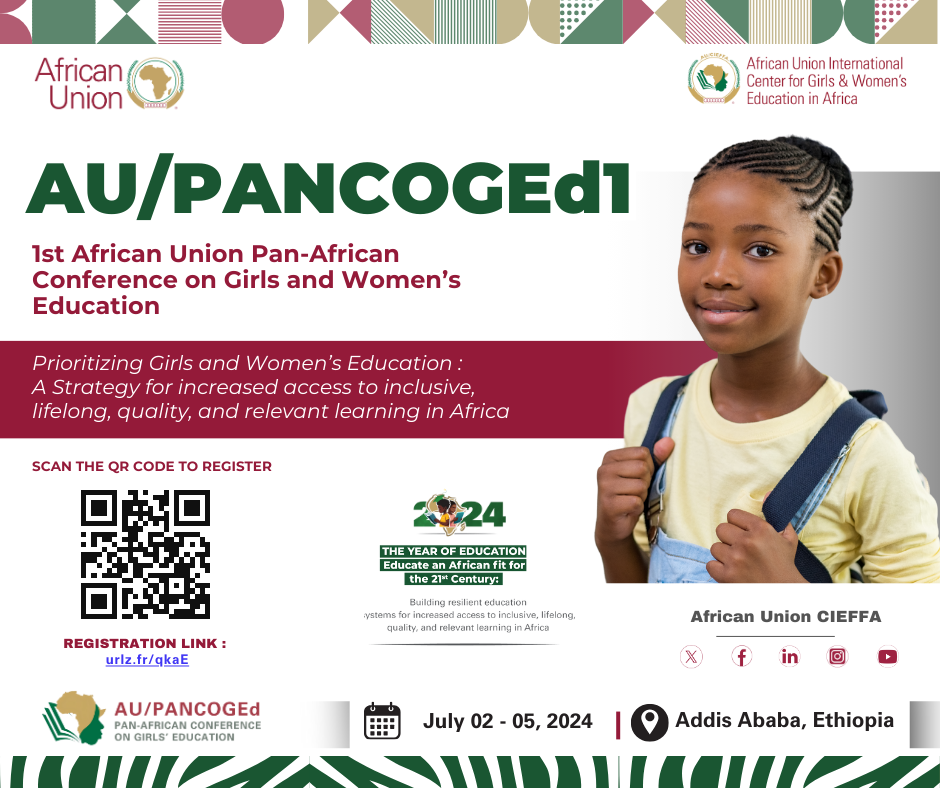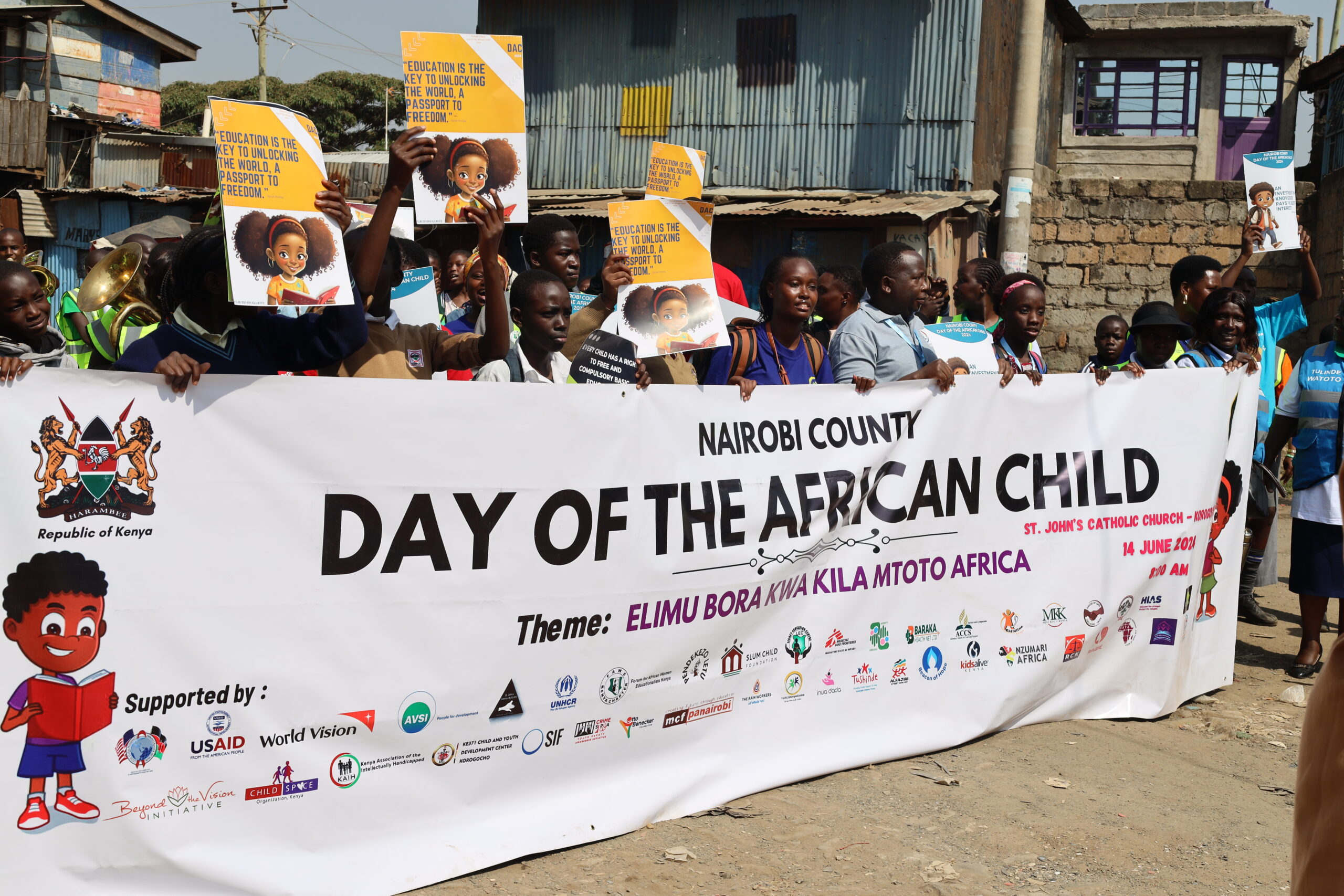On this year’s World Teachers’ Day, FAWE and the African Union/Centre for Girls and Women’s Education in Africa (AU/CIEFFA) collaborated in documenting African teachers’ experiences during COVID 19. This was in a bid to raise awareness on measures needed to protect teachers from infection and enable them realign their teaching methods to the available medium.
The documentation in form of a 10 minutes mini documentary covered public and private teachers’ preparedness to adopt to digital teaching and host media programs, keeping up to date with their learners’ home schooling, coping with a disrupted calendar year, engagement with the Ministries of Education, future of their jobs and the overall impact of the virus to their personal lives.
“We have seen teachers lose their jobs, having to go on forced leave and even taken pay cuts. It’s even worse for a significant proportion of teachers who do not have technical skills to conduct online learning. Teachers are also going through emotional strains that come with loss of income and so it is not clear how their families are being cushioned during the pandemic period.” Said FAWE Executive Director, Martha Muhwezi.
The documentary, jointly conceptualized by FAWE and AU/CIEFFA, involved short interviews from five teachers in Africa each representing the five regions of Africa (Eastern, Western, Northern, Southern and Central). The targeted countries in the selected regions were Liberia, Kenya, Democratic Republic of Congo, Egypt, and Zimbabwe.
The Covid-19 pandemic has taken a huge toll on teachers. Majority of them do not have access to electricity and technology to facilitate online, TV or radio sessions during the pandemic period. They also require digital training and tailored information to help facilitate online learning. In addition, where teachers are not remunerated by Education boards and bodies, they lose their means of income and livelihoods.
“The African Union has developed policy guidelines on how governments can conduct teaching and learning on the digital platforms. Whilst the guidelines provide a succinct approach to shifting physical teaching to the digital space, it remains a puzzle as to how African governments will fully invest in the suggested learning methods. In an ideal situation, teaching methods often require training and skills transfer for teachers to apply.” Added Dr. Rita Bissoonauth, Head of Mission, AU/CIEFA.
In cases where school owners close schools, such as private schools, due to the lack of revenue teachers have been forced to take pay cuts or lost their jobs altogether hereby increasing teachers’ psychological and emotional anguish and duress as well as accentuating their risk of abandoning the career path.
See link to video here





Leave A Comment